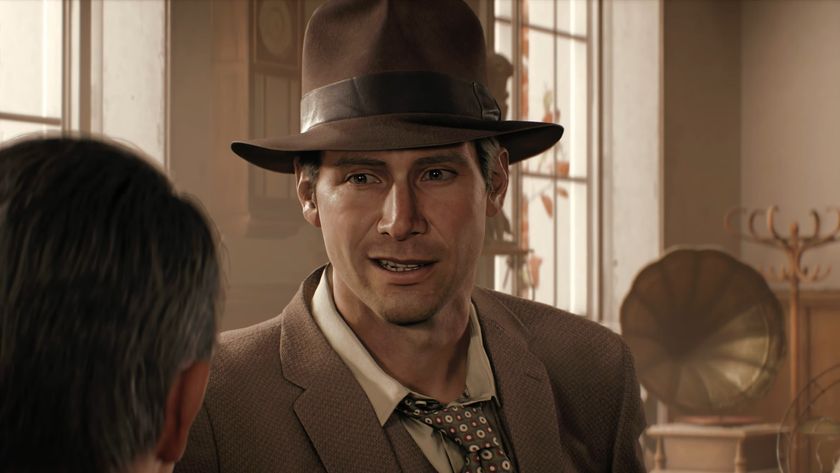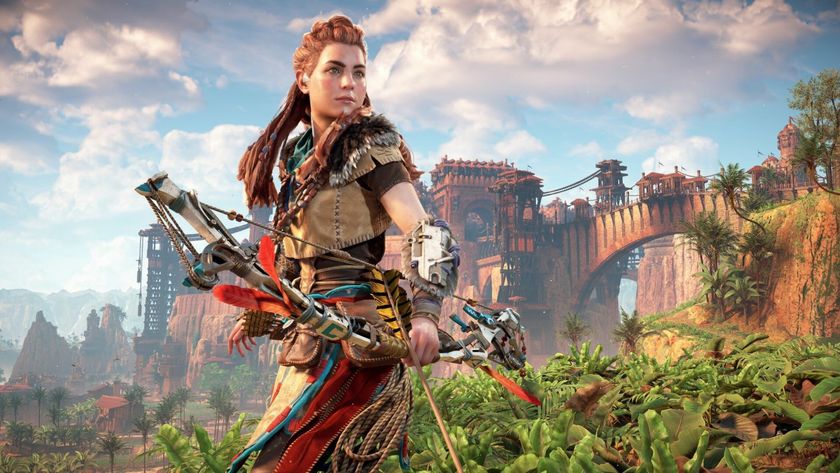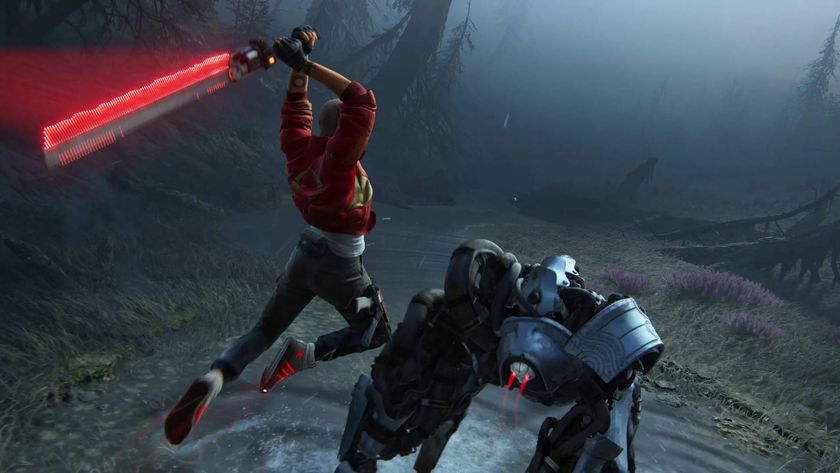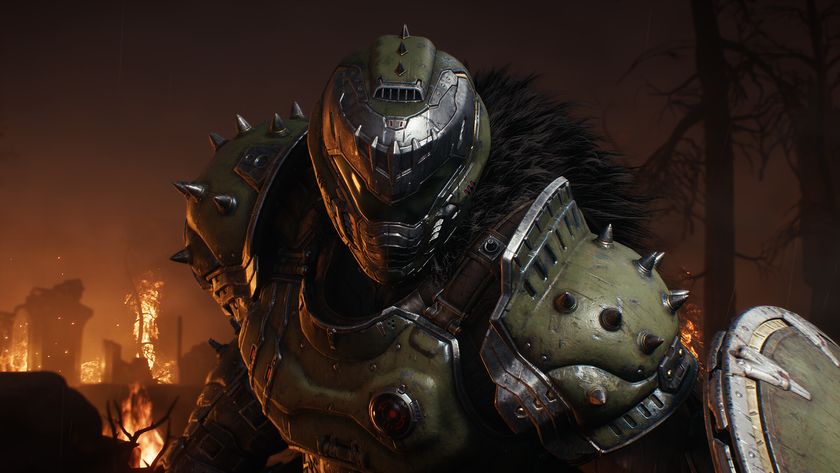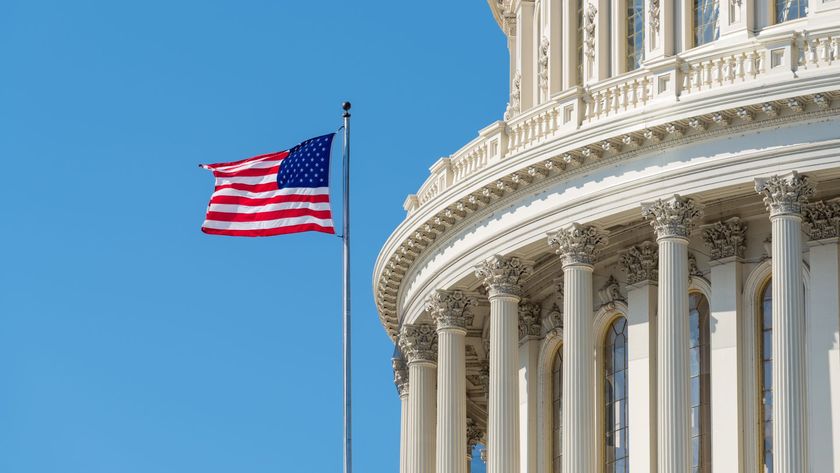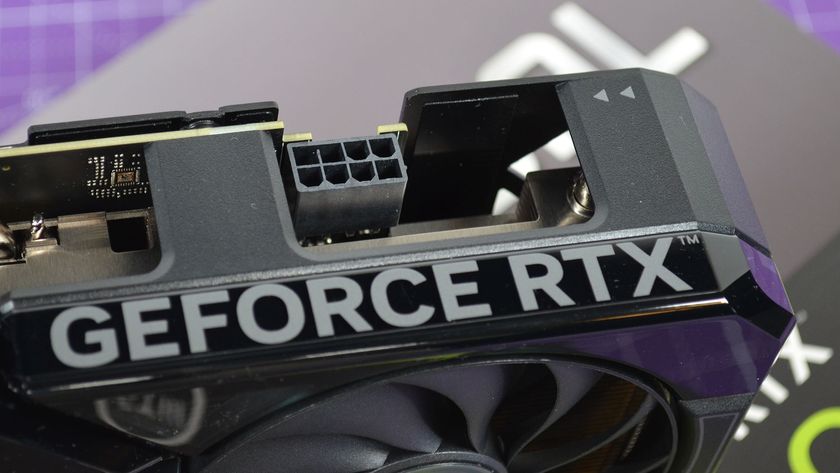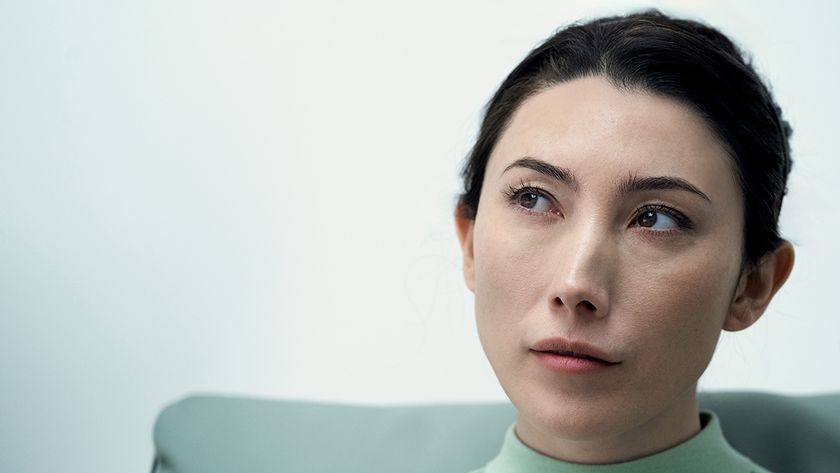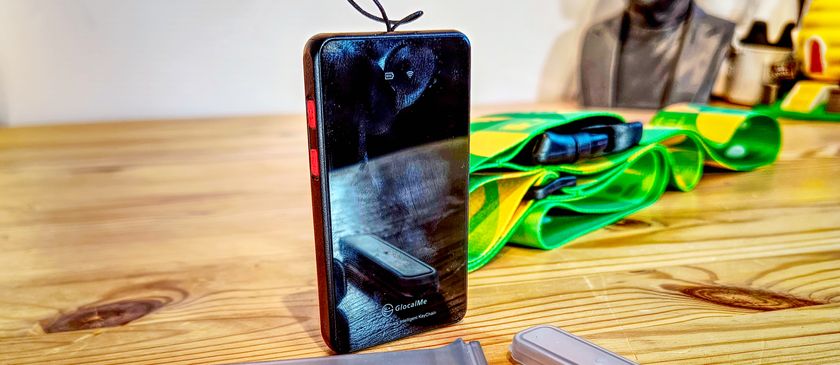Red-eye redemption: how RDR2 inspired a posse of in-game photographers
Games aren't just for playing these days
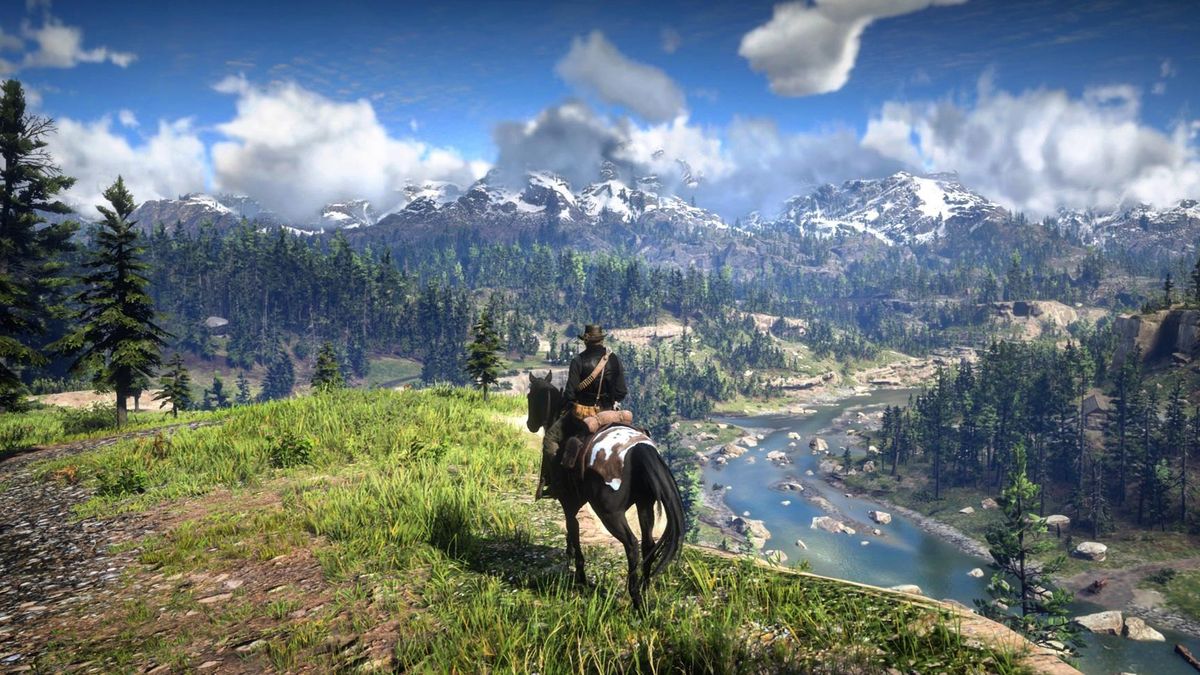
Now the dust has settled on Red Dead Redemption 2’s epic vistas and windswept plains, it’s clear what a jaw-dropping triumph Rockstar Games’ latest open world is.
Nominated for six prizes at BAFTA’s 15th Game Awards in April, including Best Game and Artistic Achievement, the boundary-pushing studio left the London ceremony empty-handed.
However, the level of technical craft, artistic élan and immersive wit to be found in every corner of Ambarino, Lemonyne and New Austin remains, for many players, unbeatable.
Six months on from release, not only has Red Dead Redemption 2 inspired an inevitable online multiplayer bolt-on, Red Dead Online, but also a thriving creative fandom seeking to capture this dazzling sandbox.
Across social media, most naturally on Instagram, a community of virtual photographers are stepping out of the world to snapshot and share scenes of awe and wonder, death and glory from Rockstar’s American frontier.
The results, in many cases, are genuinely stunning, as you might expect from such a vivid and evocative digital canvas created by an estimated 3,000 people.
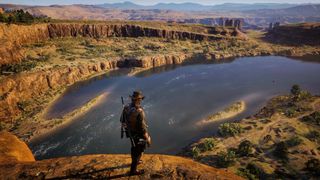
But how do the photographers, many of whom have developed spectacular followings and received official patronage from the studio themselves, go about their work? What are the technical and artistic skills involved?
Get daily insight, inspiration and deals in your inbox
Sign up for breaking news, reviews, opinion, top tech deals, and more.
At what point do you stop playing the game and start seeing it instead as an opportunity to chase rainbows and hunt bears, purely so you can grab a photo before they evaporate or start gorging blood onto the dashing Faulkton outfit you just picked up from the Strawberry General Store?
The perfect shot
With a feed full of distant, undiscovered vistas, Instagram user @mesopotamian_meow rarely ventures into Rockstar’s Old West with a specific goal in mind.
But there are many factors that play a part in a winning shot, as she explains: “In this game we can’t really predict how a scene will turn out. Most of my pictures are not planned, I just take the picture during the right moment when various elements come together."
"These could be environmental like mountains, rivers, desert etc. or atmospheric elements such as weather, clouds and so on. Sometimes if I find a nice spot I’ll wait for the sunset or sunrise.”
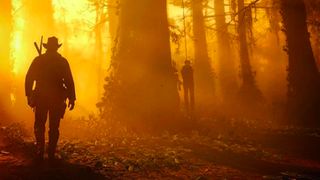
There are also technical aspects involved. “The game doesn’t have a dedicated photo mode. However, it has fluid camera movements and multiple view options,” she said.
“All I need to do is take a screenshot in the perfect moment which is something that can easily be done using the Xbox controller.”
According to @mesopotamian_meow, there are other logical considerations, other than time of day, which impact the shot.
“The most important part is using the correct camera view, whether it’s a close up shot to show details or far distance view camera to show the landscape."
Given all of the above, it seems inevitable that such a mindset would have a consuming effect on a player’s awareness, focus and dedication to all aspects of Red Dead Redemption 2.
So, what's more important: playing the game or capturing the creativity of Rockstar's world?
“As a gamer, playing always comes first especially since this is a Rockstar game. However, the beauty of this world literally inspired me to be a virtual photographer. That’s why I created a dedicated Instagram page to capture it and share it with the fans.”
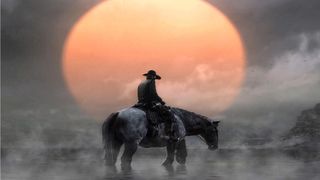
Playing the game
Equally conflicted, @in__the__frame, is another virtual photographer who has earned a reputation for portraying both the beatific beauty and lonesome melancholia that can be found wandering amidst the array of places and people within this world.
“That’s a good question. For me personally, it’s leaning more and more toward capturing the beauty and creativity of the world”, he explained, continuing: “I’m always on the look out for that perfect shot.” So much so, in fact, that @in__the__frame can count Rockstar Games amongst the more than 2,000 followers he has on Instagram.
But is everything as it seems? Hardly, in an artificially-generated world made of pixels instead of particles. With image manipulation now so commonplace, it’s inevitable that such inauthentic features and tweaks play a part in virtual photography.
“I do use a certain amount of editing but I don’t do this to portray a false image or look to a game,” says @in__the__frame, who incorporates sun burst and lens flare and even added a blockbusting, tangerine orange orb to one of his most popular shots.
“I do minor editing using the Instagram editor. I try to make the final image identical to the one I have captured on my 4K HDR gaming setup,” comments @mesopotamian_meow.

Limitless plasticity
Meanwhile, photography has become a core component of other interactive aspects of Red Dead Redemption 2 that have emerged since the launch of Red Dead Online.
The Wapinschaw Gang are a 75-strong collective of gamers who roam Rockstar’s 1890s landscape. Their activities and antics are, for the most part, as you might expect: fighting, looting and horsing around.
But there's also complexity here. They have an 11-page rulebook that’s issued to all new gang members or “Prospects” and swear allegiance to a specific breed of animal who occupy this land. “Where the bison fight, the grass gets trampled,” reads their opening statement online.
Gang co-founder, Jack O'Regan, admits that in-game imagery is crucial to the recruitment, branding and depiction of their life within this sandbox.
“We have a set of questions for new recruits and one of them states: ‘Where did you hear about The Wapinschaw Gang?’ A lot of answers are Instagram. Stories help a lot with recruitment. We use our recruitment and activities videos to promote our content and bring new members in. Reddit helps a lot too. But with Instagram, it’s easier for people to see the real things we do!”
The success of The Wapinshaw Gang is testimony to this kind of interaction, engagement and immersion. When MIT professor and acclaimed digital thinker Henry Jenkins celebrated the “limitless plasticity” of video games in his 2002 treatise Games, The New Lively Art, it is was this kind of participatory culture he was predicting.
Reimagined, remodded and rebooted, titles like Red Dead Redemption 2 don’t just belong to the Houser brothers, Rockstar Games, Take-Two Interactive and Sony PlayStation now. They belong to us.
